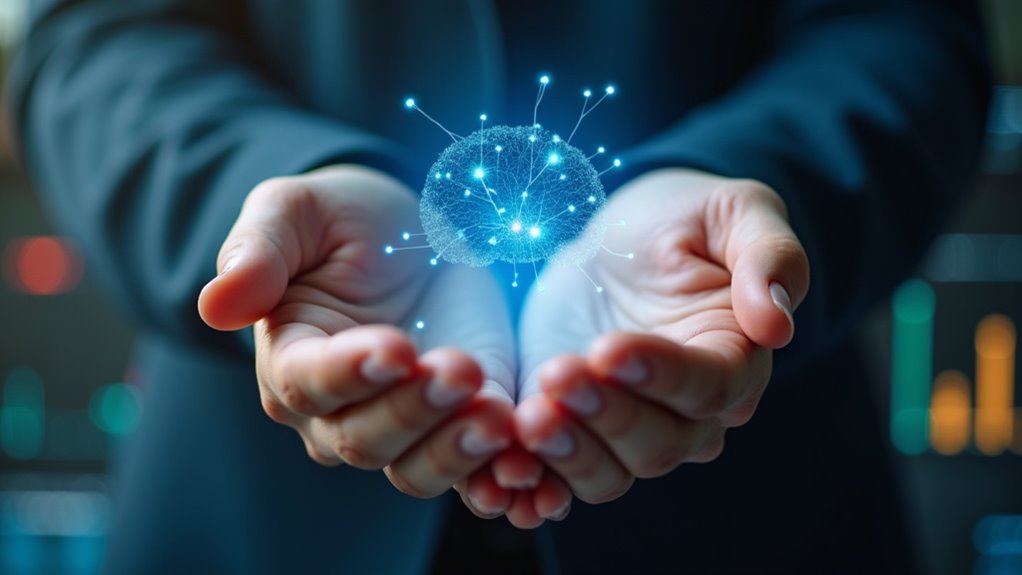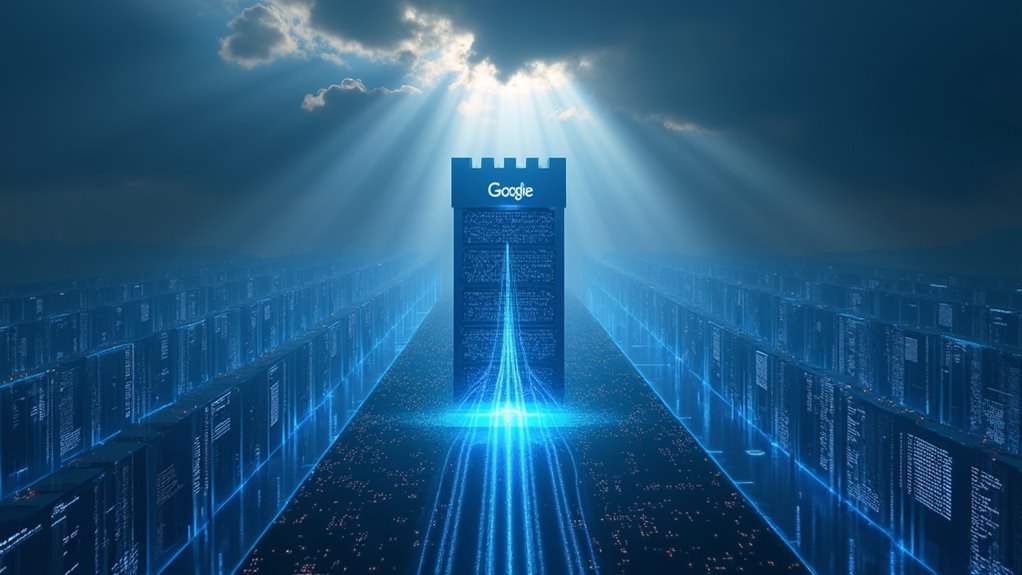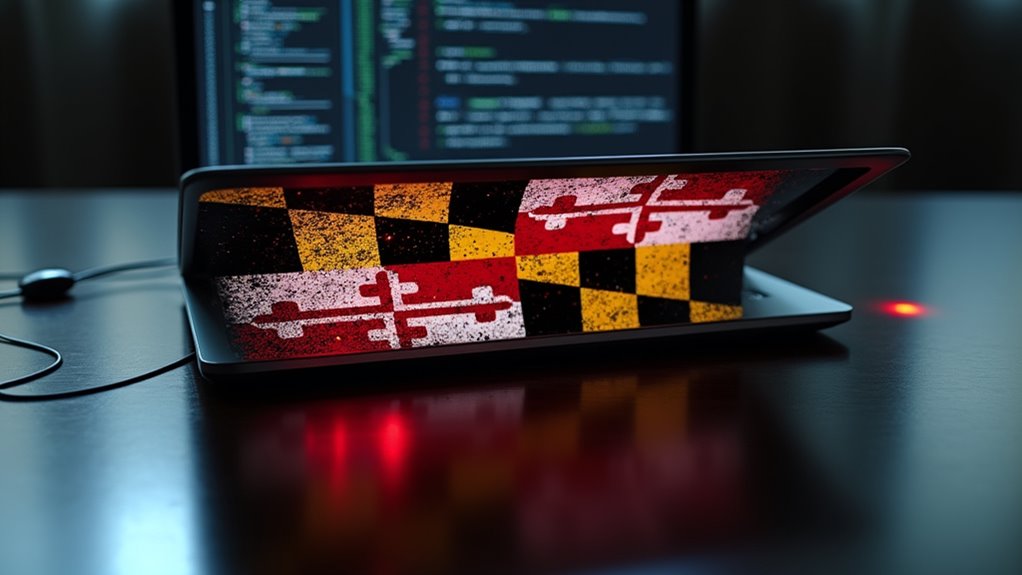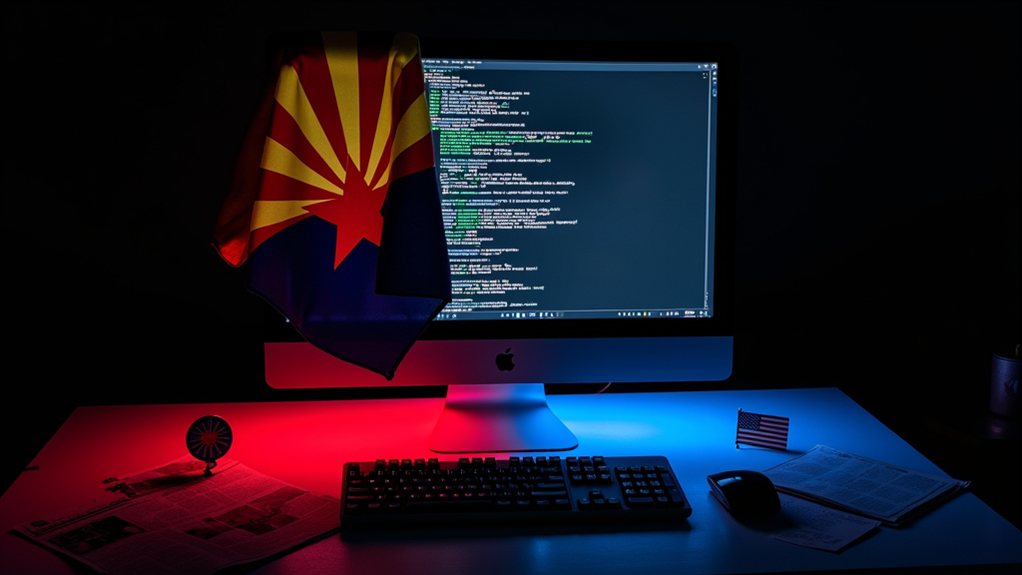Human-centered AI might sound like a Silicon Valley buzzword, but it’s actually the only ethical way to keep things fair, safe, and—let’s be honest—actually useful for humans. Why? Because only humans can sniff out bias, demand actual transparency (not just corporate-speak), and call BS when an algorithm makes a weird decision about your medical care or bank loan. Leaving machines unchecked? That’s a Black Mirror episode waiting to happen. Stick around to see how AI can actually work for people, not just data sets.
Even as artificial intelligence struts into the spotlight—think less Terminator, more Siri with ambition—the world’s not quite ready to let the robots call the shots.
Sure, AI can recommend your next binge on Netflix or help doctors spot a sneaky tumor, but when it comes to decisions that shape actual lives? Humanity’s not handing over the keys just yet.
Human autonomy sits at the top of the ethical food chain. The idea is simple: people must stay in control, especially when AI’s involved. Imagine a chatbot nudging you to buy stuff you don’t need, or worse, a hiring algorithm quietly filtering out candidates for reasons no human can see. Not cool. Increasingly, organizations are establishing accountability frameworks to ensure that humans remain responsible for AI-driven decisions.
That’s why designers sweat the details—interfaces need to be transparent, so users can give real consent, not just scroll past another “I Agree.” In practice, this means user involvement is crucial during the AI development process, ensuring solutions are tailored to real human needs.
- *Manipulation? Out.*
- *Coercion? Hard pass.*
- *Opaque decision-making? Not on our watch.*
But ethics isn’t just about keeping AI in check. There’s a bright side too—beneficence. AI should actually make life better. Think: early disease detection, personalized learning, smart grids that save energy (and maybe the planet).
Still, it’s not enough to hope for good vibes. Developers run impact assessments, constantly asking, “Is this helping, or just making things weirder?”
Of course, non-maleficence means no one wants an AI that accidentally—oops—ruins lives. Regular audits? Absolutely. Bias checks? Non-negotiable. If something goes sideways, fixes should be swift and mandatory.
Justice matters, too. AI must play fair. That means using diverse data (not just data from people who look like Mark Zuckerberg), banning discrimination, and making sure everyone gets a slice of the AI pie. The EU AI Act takes this principle seriously by imposing strict regulations on high-risk AI systems that could impact fundamental rights.
And let’s not forget explicability. Users deserve explanations, not cryptic “the algorithm decided” shrugs. Transparency, documentation, and the right to appeal—these aren’t just nice-to-haves.
Ultimately, ethical AI means involving actual humans in the design process, respecting privacy, and following global standards. Because until the robots learn empathy, it’s people who should stay in charge.









